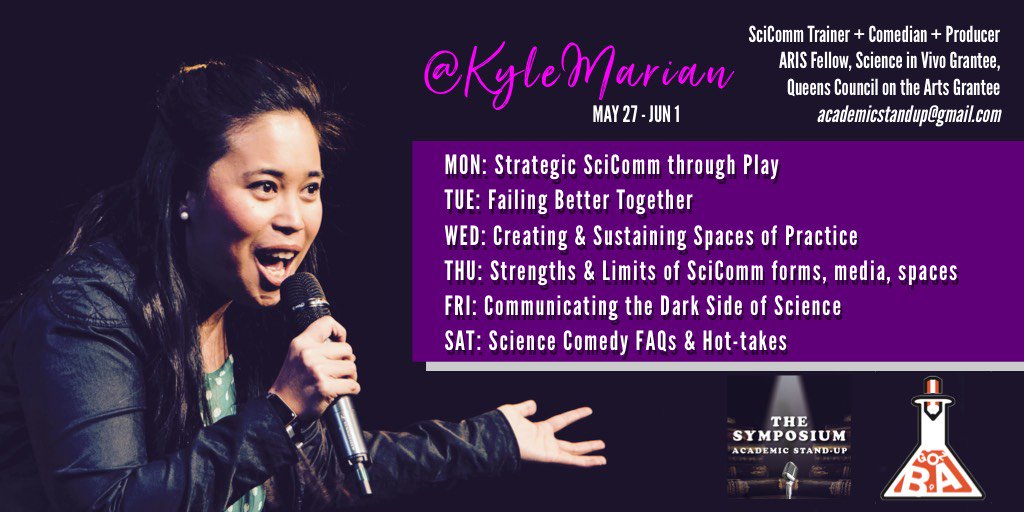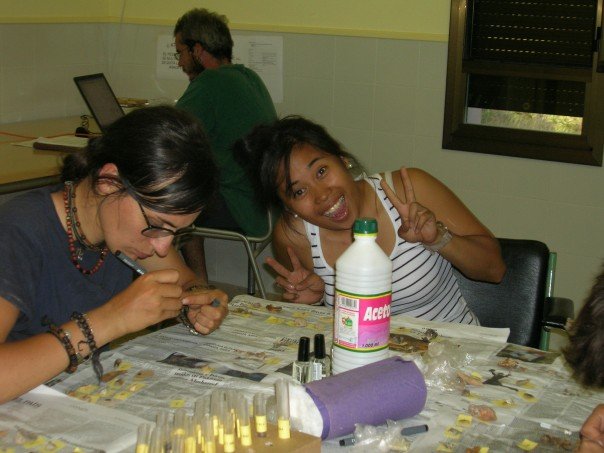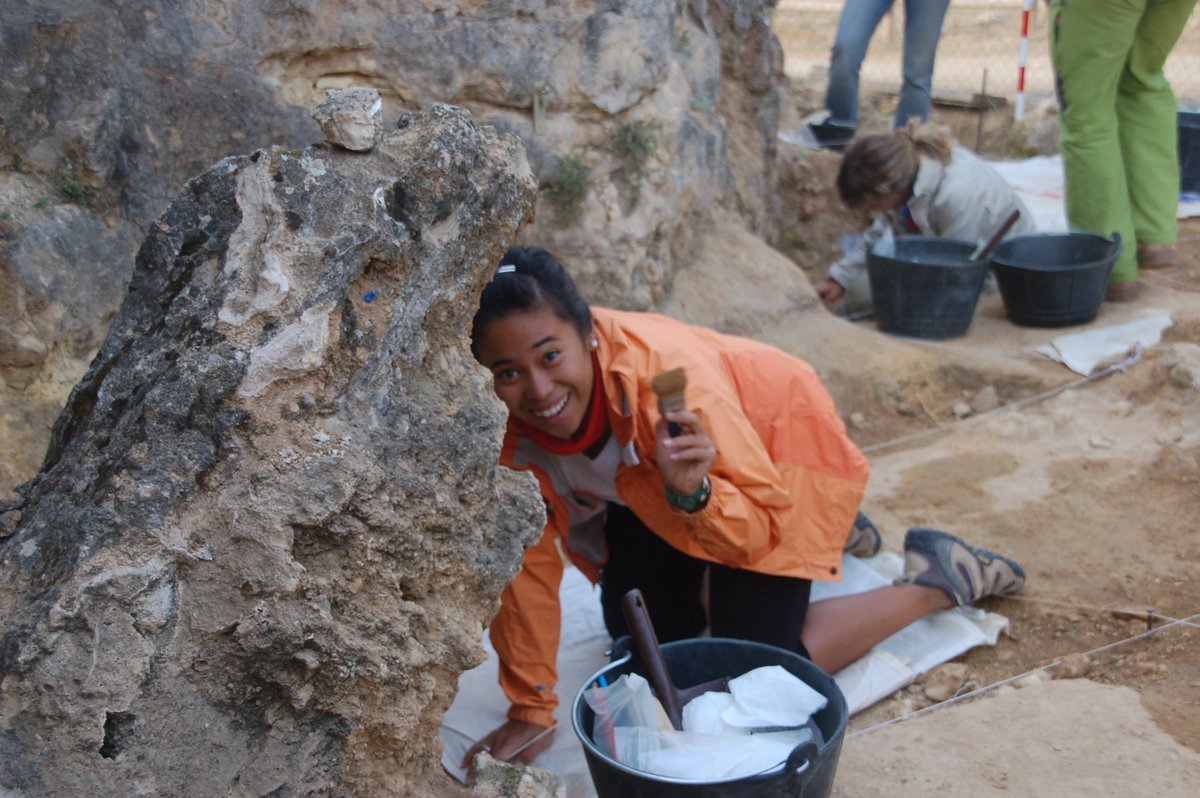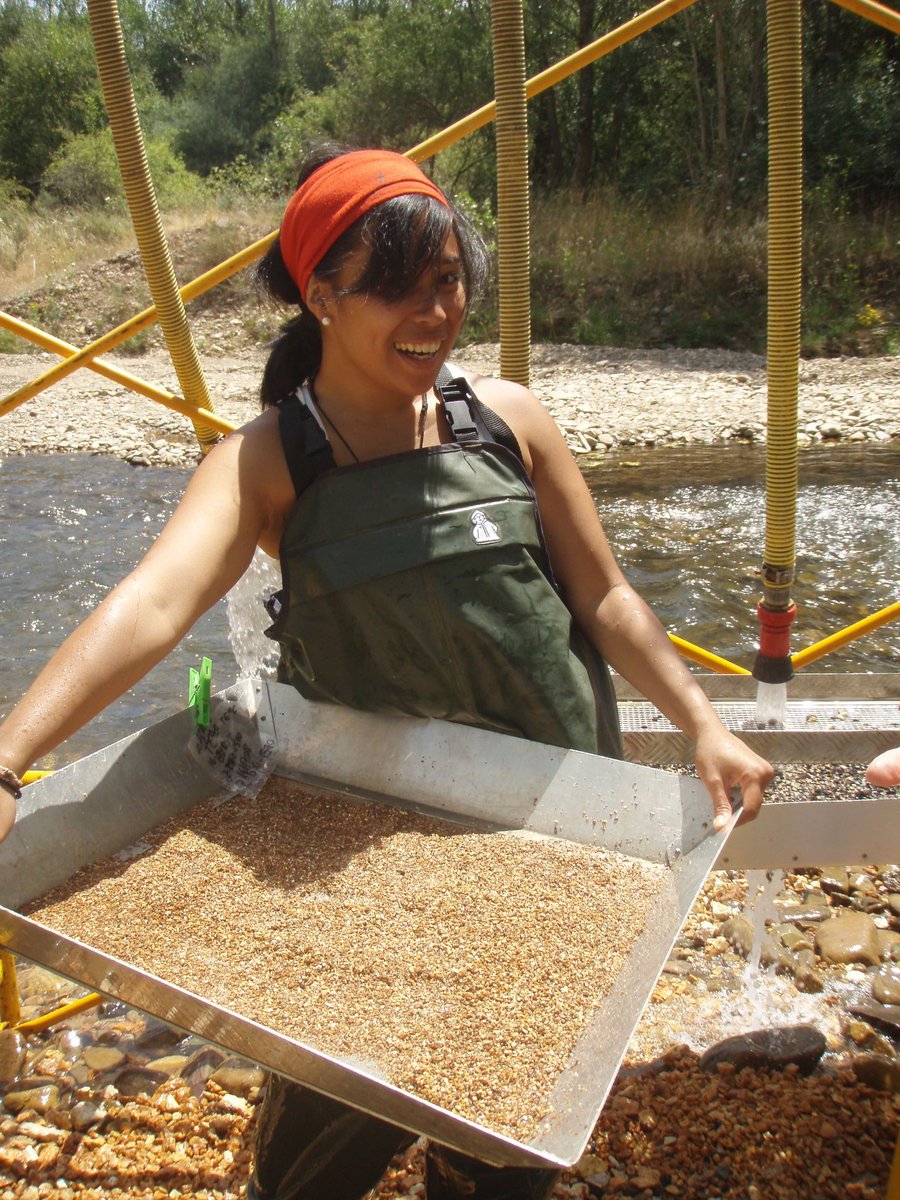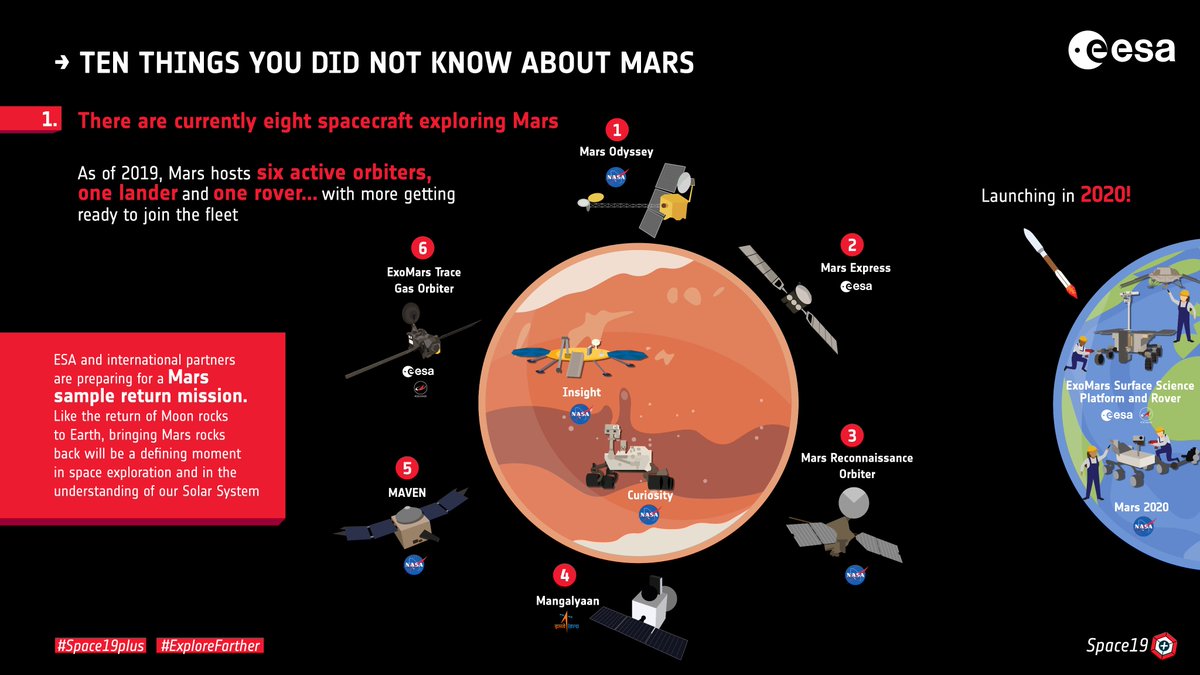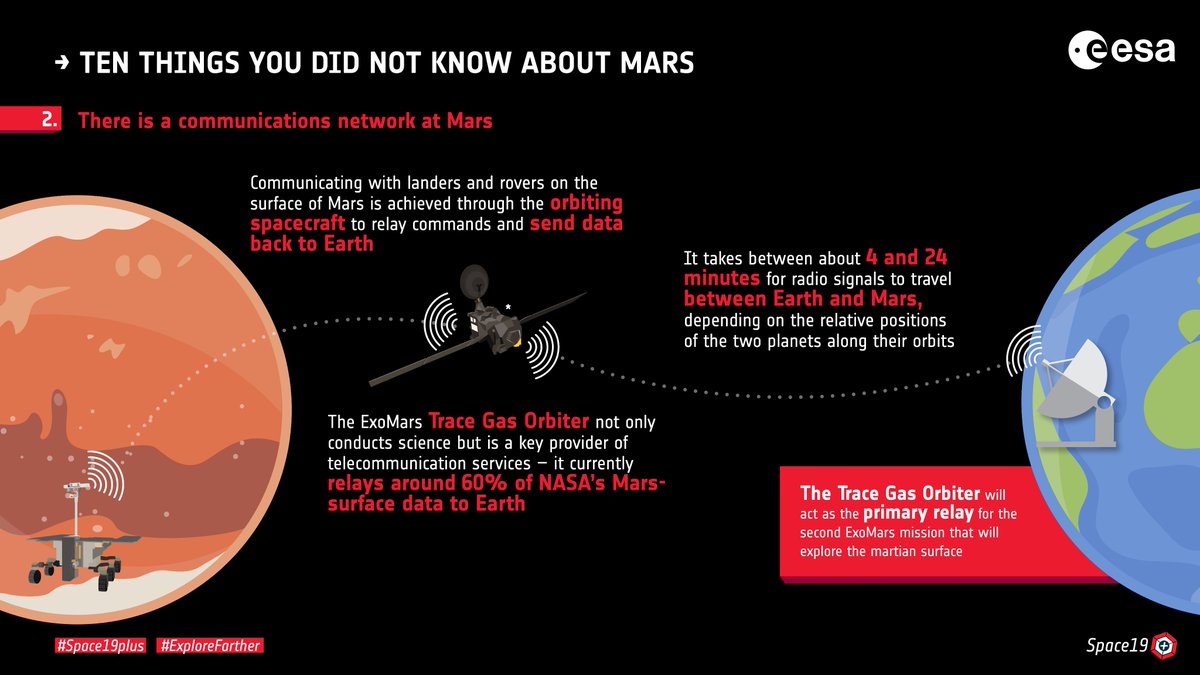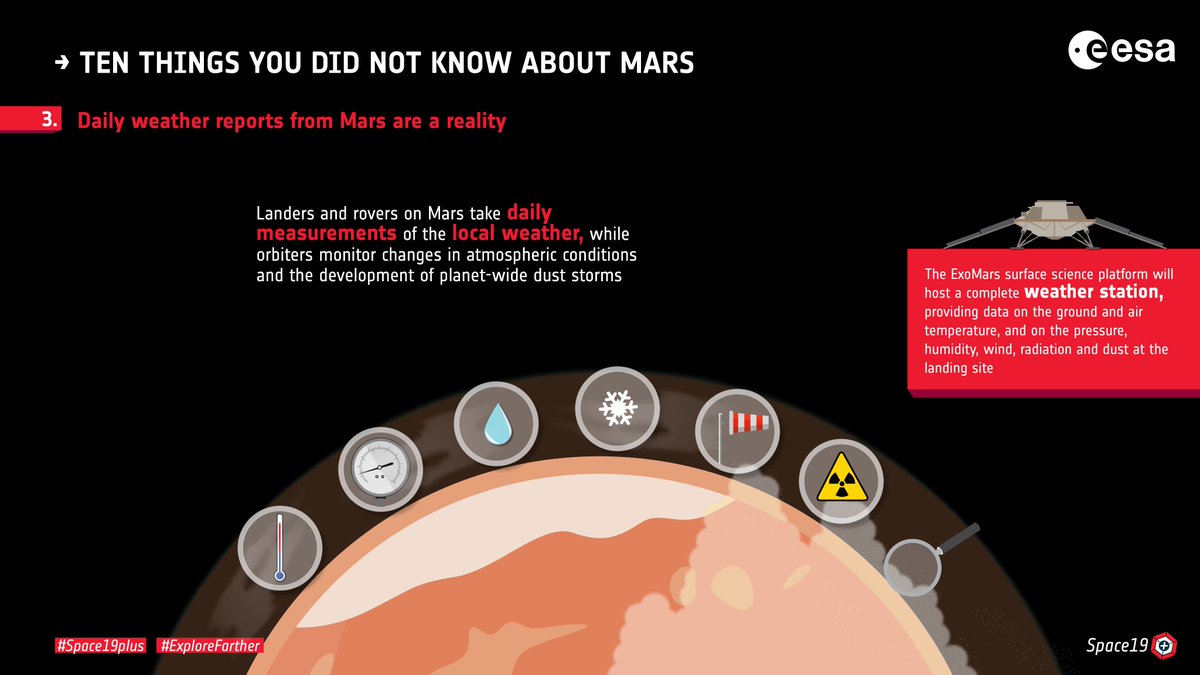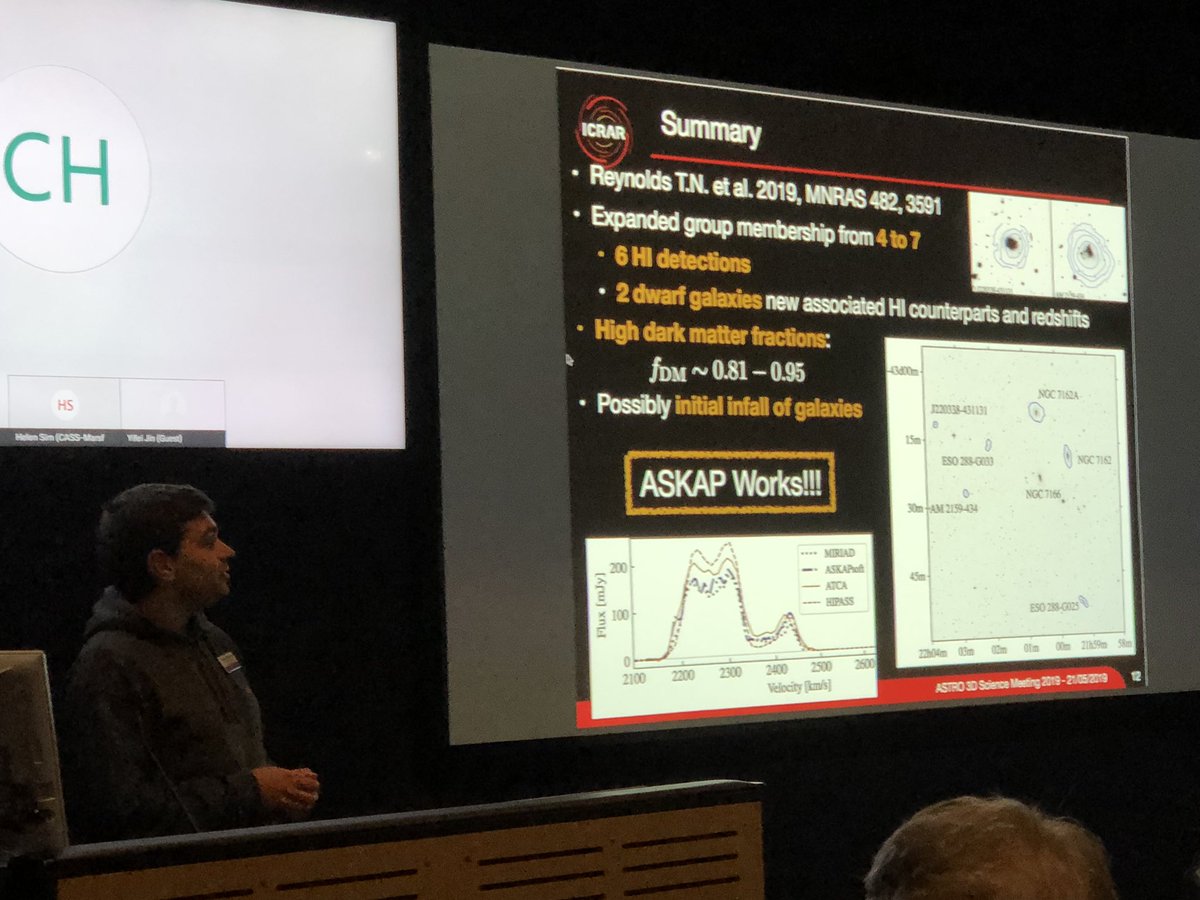A few ways to get started:
[a] small group meetups w/ trusted friends
[b] institutionally-supported meetups
[c] joining external spaces of practice like @caveatnyc's #ScratchPaper #OpenMic w/c I co-run
What might work for you?
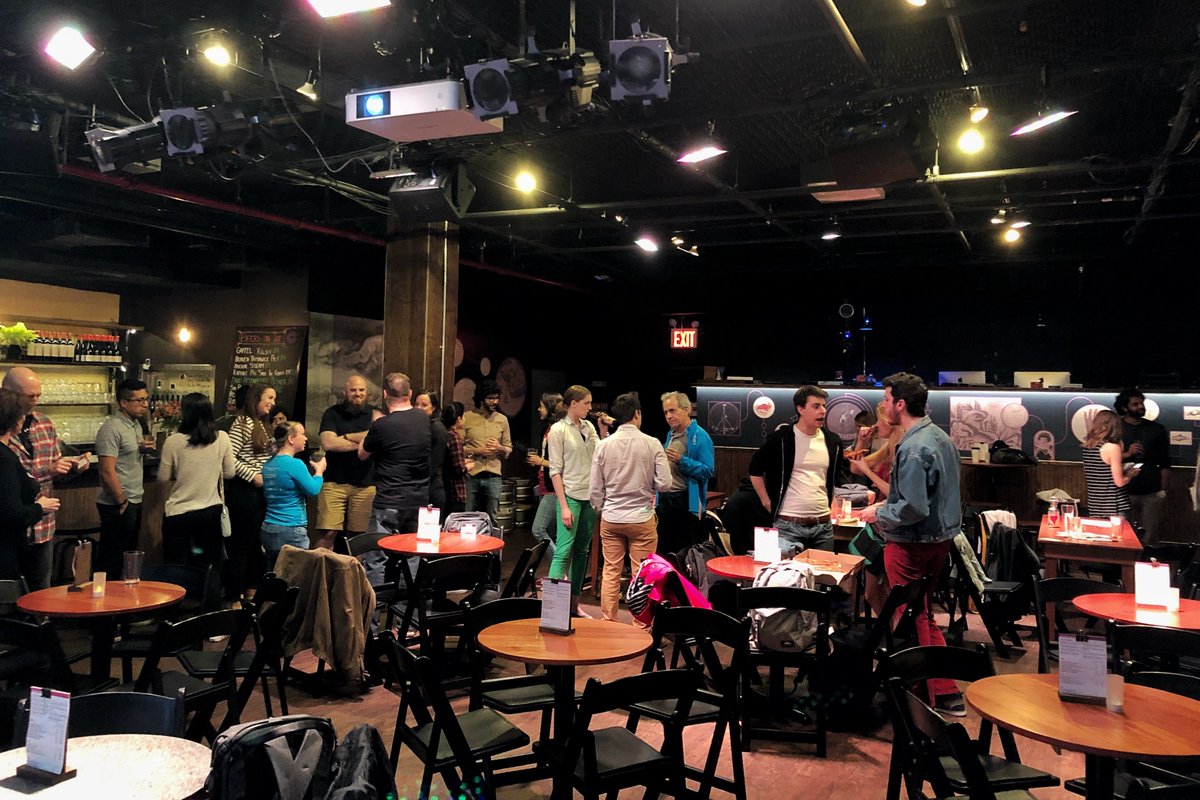
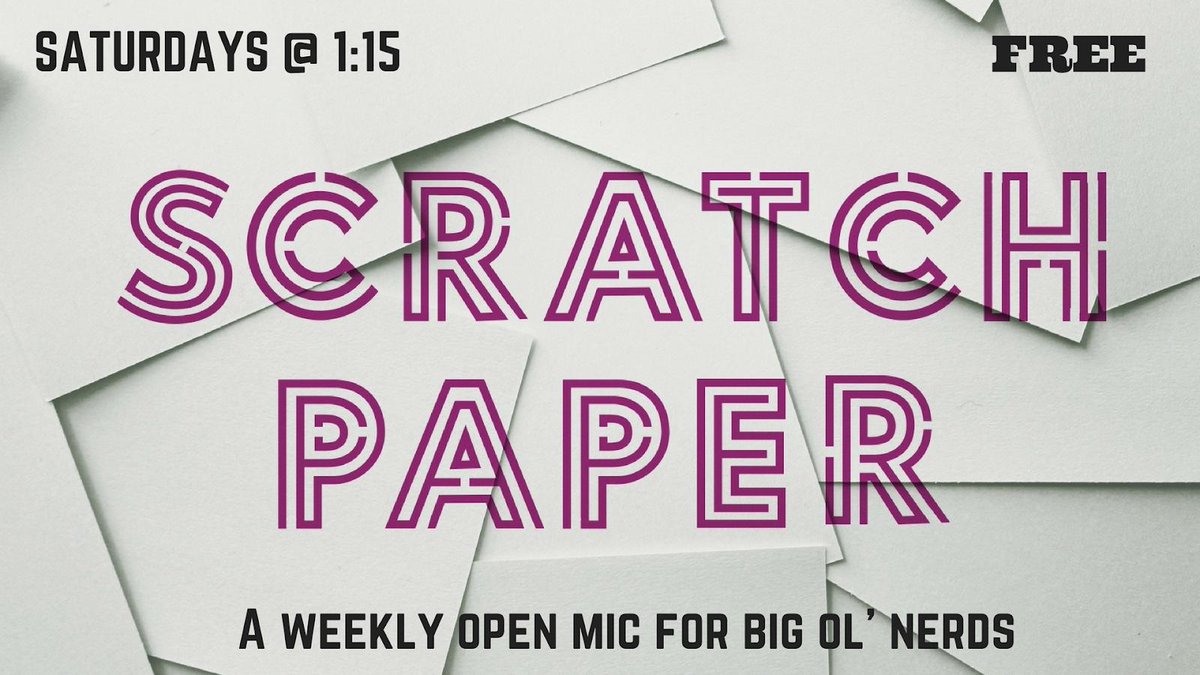
For ex, @CUPostdocs wanted to start a #SciComm club. So they invited me & 2 other professionals to give 1-off masterclasses/#BestPractices talks. They then setup a purpose-driven meetups to practice their skills!
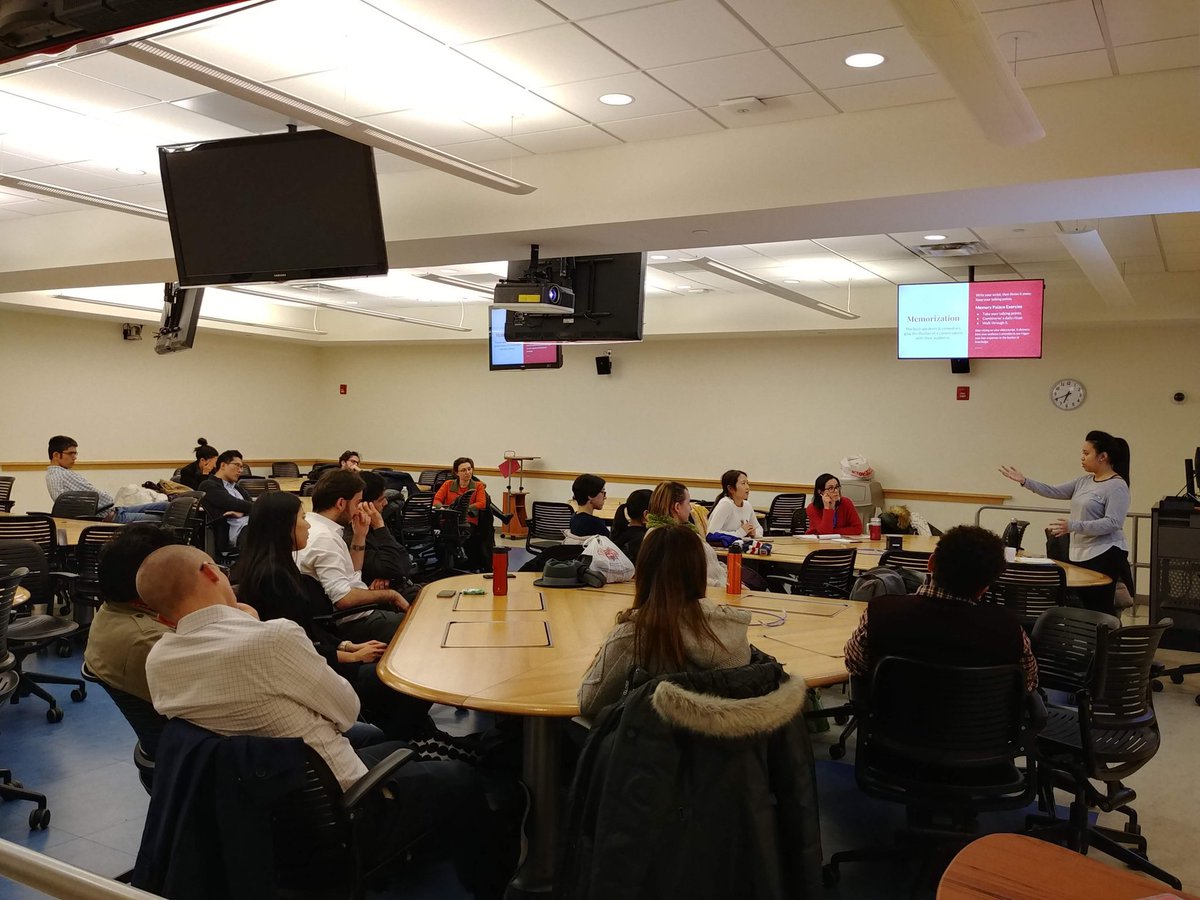
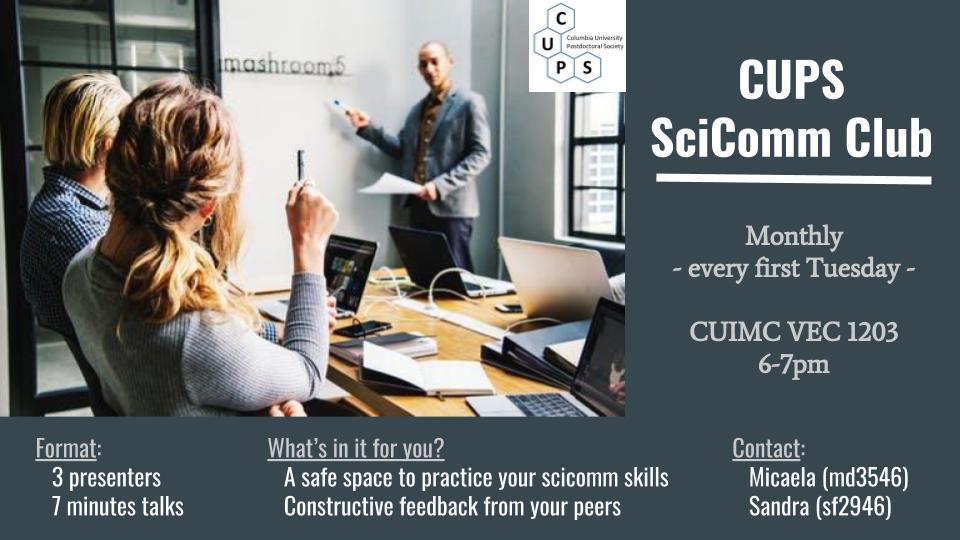
This yr, I guest-hosted @CSHL_WISE's 2nd annual #storytelling #OpenMic spotlighting #ScienceFails all researchers experience. To set the tone, senior researchers kicked it off + groundrules dealt w/ power imbalances.
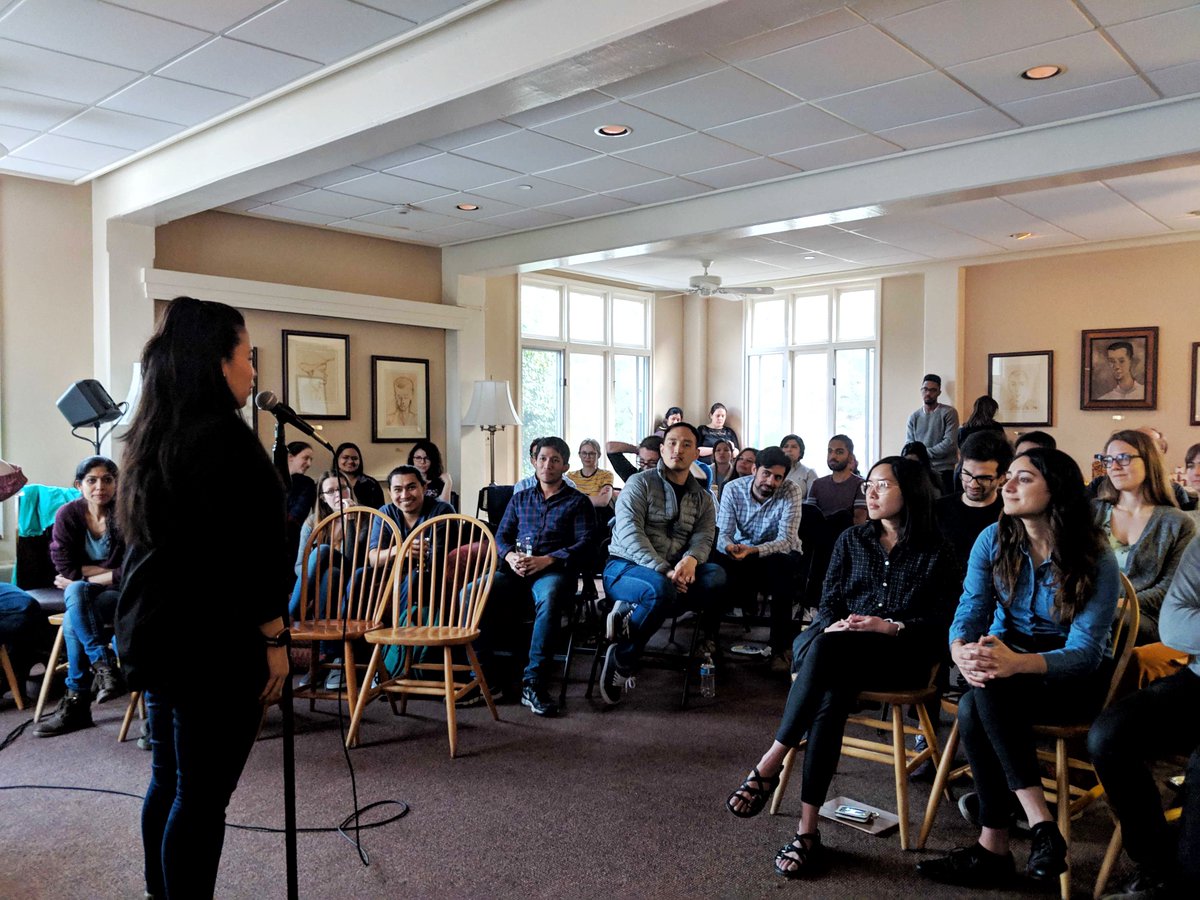
Pre-#ScratchPaper & @AcademicStandUp, I'll host #SciComm writing sessions where we discuss goals, do writing exercises, & give each other ACTIONABLE notes.
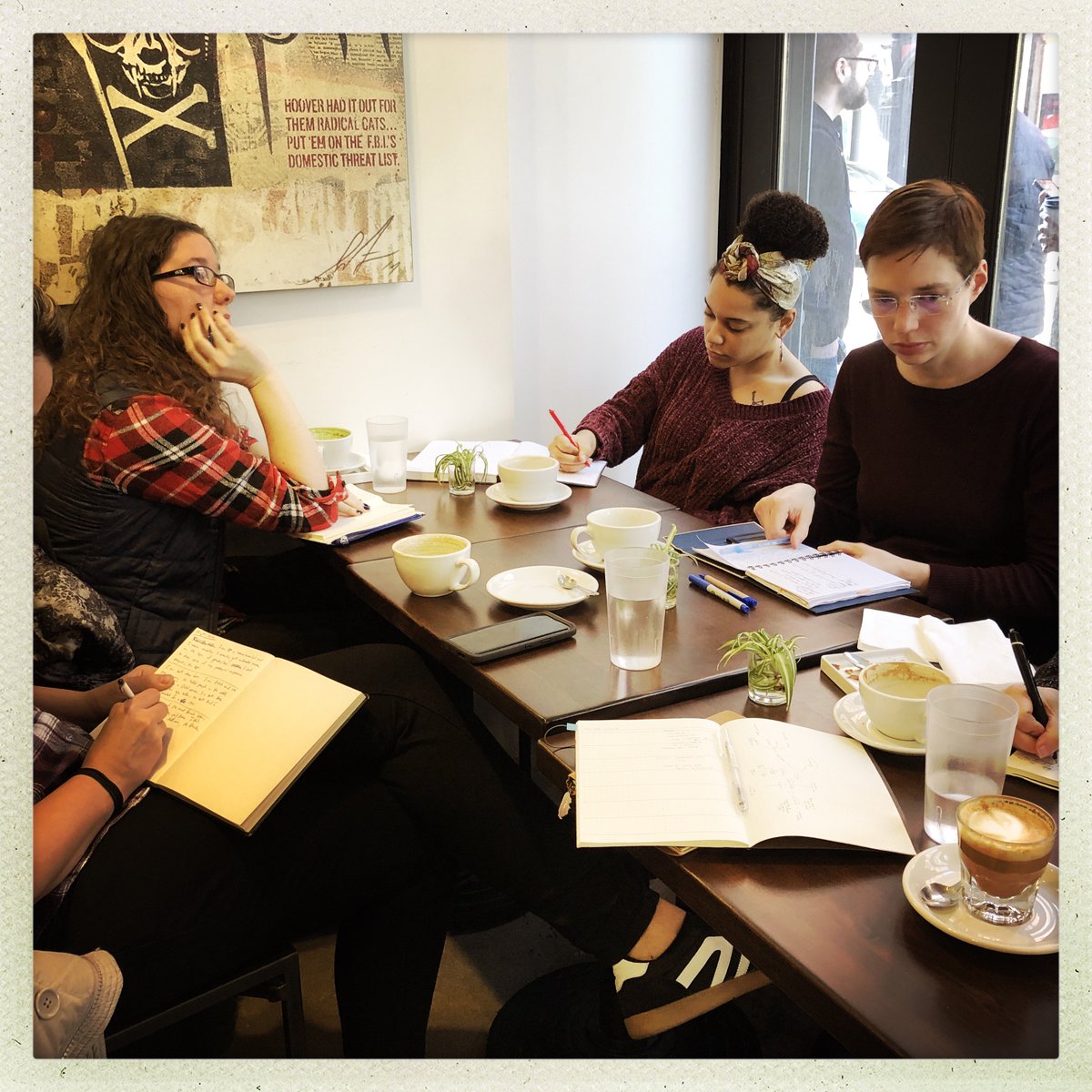
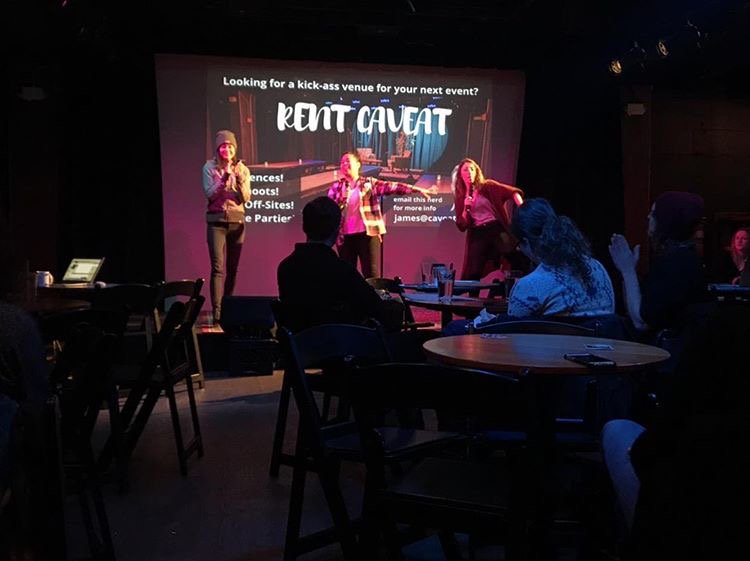
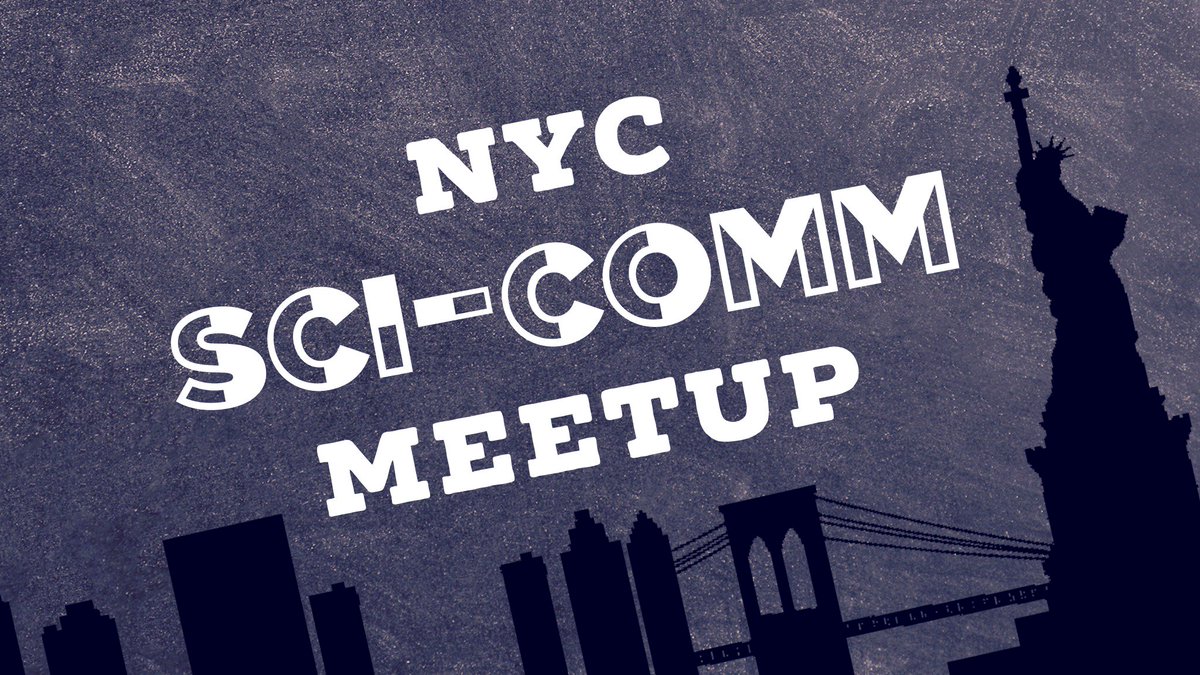
- SMART Objectives for each meetup
- Clear WHAT&WHY for participants in the space
- Lowered barrier to entry (location, fees, time)
- Community groundrules to keep a balance of power
- Clear event structure
Have you seen it work longterm?
We can agree that these consistent spaces & opportunities are needed. HOWEVER, typical barriers to making it work longterm are:
- lack of funds
- lack of community or top-down buy-in
- other priorities
#SciOut #SciEngage #SciArt #SciEd #outreach #publicengagement
GIVE YOURSELF TIME TO GROW. For ex, a few months to 2 yrs allows you to learn from fluctuations in participation
- building awareness
- list barriers to entry
- who'd benefit & how
- how to spread the word
- why they should come back
- why would they invite someone to join
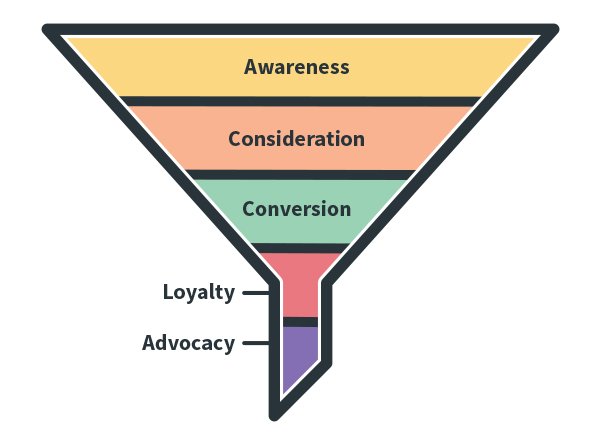
Issue little purpose-driven challenges. This is particularly popular in #bujo #creativewriting #art circles (e.g, #nanowrimo etc).
Here's a VERY SILLY imperfect, lightly NSFW thing I did for #PechaKucha.
Academics HAVE to keep going or else we run out of time.
It also helps move #stagefright attention away from the self & into task-mode.
But if you have a goal & painpoint your community shares, why not make a fun, silly challenge to gain interest?

